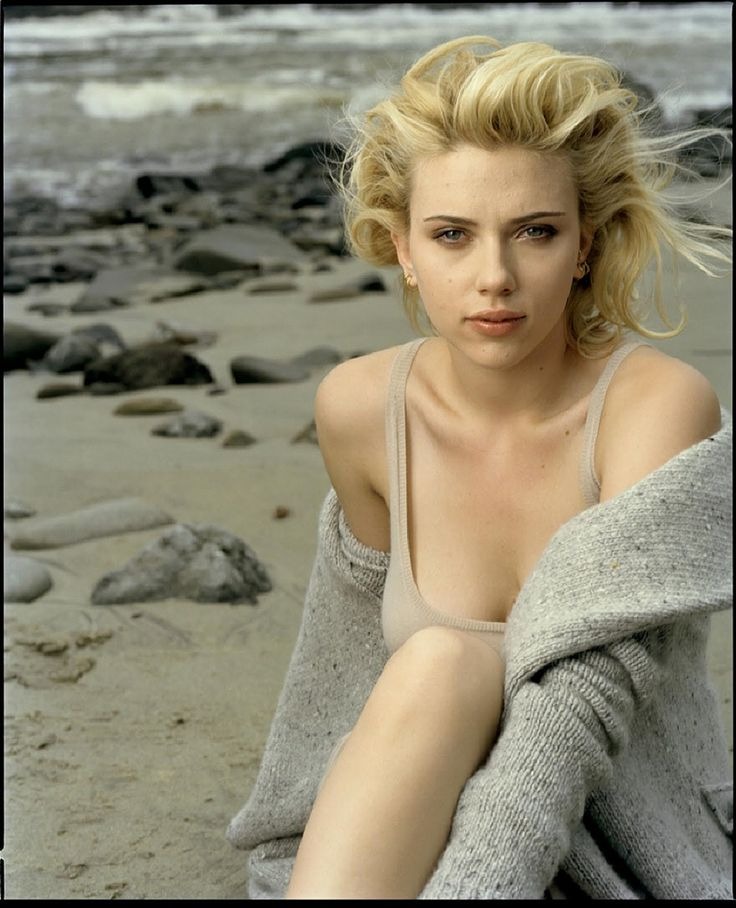Scarlett Johansson, a celebrated actress known for her diverse portrayals on screen, finds herself amidst a storm of controversy and intense public scrutiny as she steps into a new role that has ignited a fierce debate on transgender representation in Hollywood.

The announcement of Johansson taking on a transgender character has sparked a wave of backlash from the LGBTQ+ community and advocates for trans rights. Critics argue that casting a cisgender actress for a transgender role perpetuates the industry’s historical lack of inclusivity and denies transgender actors the opportunities they deserve.

In an era where the call for authentic representation in film has reached a crescendo, Scarlett Johansson’s decision to accept the role has become a focal point in the ongoing conversation about diversity in Hollywood. Advocates argue that transgender stories should be told by transgender individuals who can authentically capture the nuances of the experience.

Johansson’s response to the criticism has been met with mixed reactions. While she acknowledges the need for increased diversity and representation in the film industry, she defends her decision by emphasizing the artistic freedom of actors to portray characters from various backgrounds and experiences.

The controversy surrounding Johansson’s casting underscores the broader issue of cisgender actors playing transgender roles, contributing to the erasure of transgender voices in storytelling. The heated discourse on social media platforms and within the entertainment industry reflects a growing demand for accountability and a reevaluation of casting practices.
As the debate rages on, it highlights the complexities of balancing artistic expression with the responsibility to promote inclusivity and diversity. Johansson’s case is not isolated, as the industry continues to grapple with questions of authenticity, representation, and the power dynamics that influence casting decisions.

The intensity of the backlash has prompted soul-searching within the entertainment industry, leading to a renewed commitment to casting authentically and providing more opportunities for marginalized communities. The controversy serves as a catalyst for change, encouraging studios and filmmakers to prioritize inclusivity in their storytelling.
Scarlett Johansson’s journey through this controversy is emblematic of a broader shift in societal expectations and a growing awareness of the importance of genuine representation. The incident challenges not only the film industry but society as a whole to confront deeply ingrained biases and work towards creating a more inclusive and equitable future for all.
In the aftermath of this controversy, the hope is that it sparks a broader conversation about the responsibilities of actors, filmmakers, and the industry at large to ensure that stories are told with authenticity, sensitivity, and a commitment to fostering an environment where everyone’s narrative can be heard and respected.



